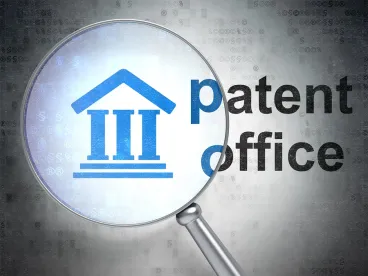In an opinion addressing the scope of estoppel accruing to a petitioner following the issuance of a final written decision in an inter partes review (IPR), the Patent Trial and Appeal Board (PTAB) concluded that such a petitioner is estopped from pursuing a second IPR directed to the previously challenged claims, regardless of the grounds presented. Kingston Tech. Co., Inc. v. SPEX Techs., Inc., Case No. IPR2018-01002 (PTAB, Nov. 6, 2018) (Fishman, APJ).
Kingston petitioned for IPR of the patent at issue, asserting in its petition only the grounds instituted in a currently pending IPR, and concurrently filing a motion seeking joinder to the IPR currently pending. SPEX filed an opposition to Kingston’s motion. Kingston had previously filed a petition based on different grounds that resulted in the issuance of a final written decision finding one claim unpatentable but other claims not unpatentable. The PTAB issued an order for the parties to brief whether Kingston was estopped from requesting or maintaining the new petition under 35 USC § 315(e)(1), which estops a petitioner when the grounds were “raised or reasonably could have been raised.”
Before the PTAB, Kingston argued that estoppel did not apply here because the different grounds presented could not have been raised for the first time after institution of the prior IPR, and that these were the only grounds estopped under Federal Circuit law. The PTAB disagreed, noting that the cited case law concerned grounds that were not instituted, rather than the estoppel accruing to the petitioner in an instituted IPR that results in a final written decision. Moreover, PTAB rules prevent any new grounds following the filing of the petition; hence, Kingston’s interpretation of the statute rendered the clause “reasonably could have been raised” superfluous. Kingston further argued that the PTAB’s interpretation would encourage challenges based on all known art, but the PTAB rejected such arguments based on the plain language of the statute. The PTAB accordingly dismissed Kingston’s petition.




 />i
/>i

